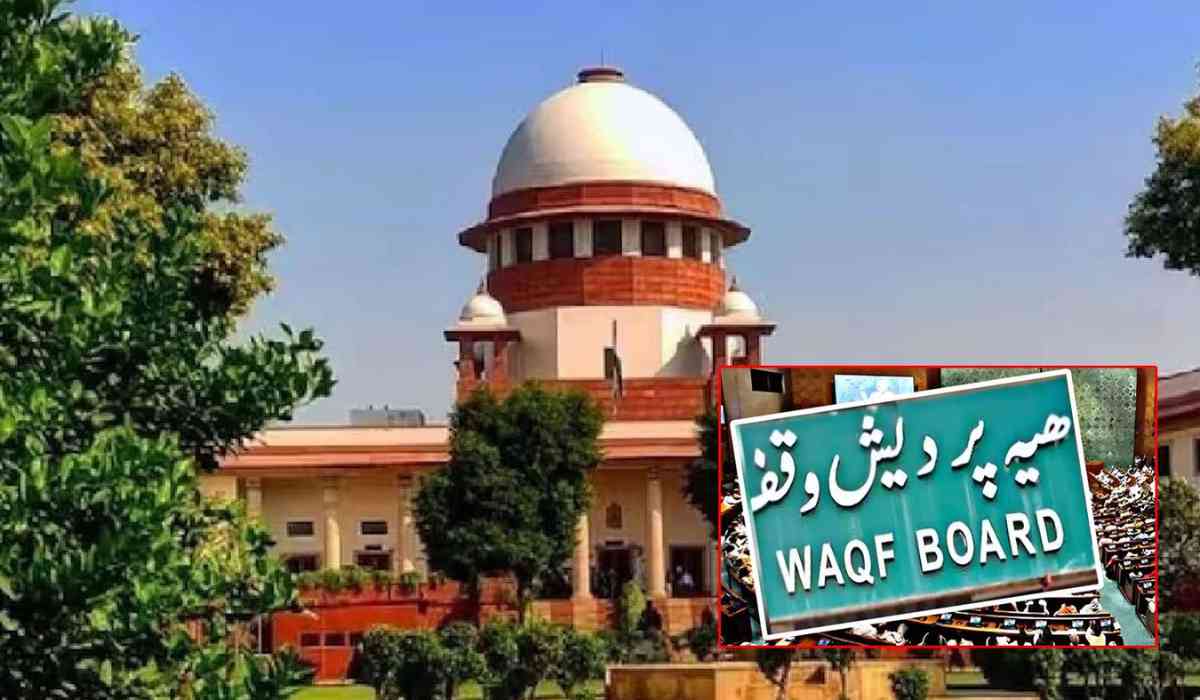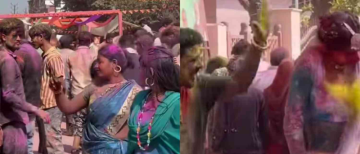The Supreme Court of India is currently deliberating on a series of petitions challenging the constitutional validity of the Waqf (Amendment) Act, 2025. The amended law, which has triggered intense political and legal debate, has now landed at the center of a constitutional challenge. A three-judge bench led by Chief Justice Sanjiv Khanna, along with Justices Sanjay Kumar and K.V. Viswanathan, is hearing the matter.
While the Government of India, led by Prime Minister Narendra Modi, argues that the Act aims to better regulate and manage Waqf properties, petitioners contend it violates fundamental rights, specifically those of the Muslim community.
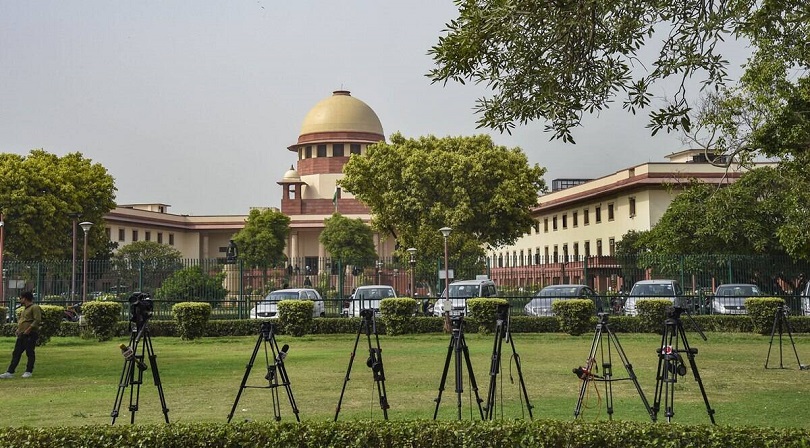
Backdrop: Passage and Opposition to the Waqf Amendment Act, 2025
The Waqf (Amendment) Act, 2025 received Presidential assent from Droupadi Murmu on April 5, after it was passed by both houses of Parliament. The Lok Sabha approved it with 288 votes in favor and 232 against, while in the Rajya Sabha, 128 members supported the bill and 95 opposed it. The bill was reviewed by a Joint Parliamentary Committee that held 38 sittings and examined a massive 98.2 lakh memorandums.
The legislation has attracted 72 petitions challenging its constitutional validity. These include pleas from AIMIM Chief Asaduddin Owaisi, the All India Muslim Personal Law Board (AIMPLB), Jamiat Ulama-i-Hind, DMK, and Congress MPs Imran Pratapgarhi and Mohammad Jawed.
On April 8, the Centre filed a caveat in the Supreme Court, requesting that no order be passed without hearing its arguments.
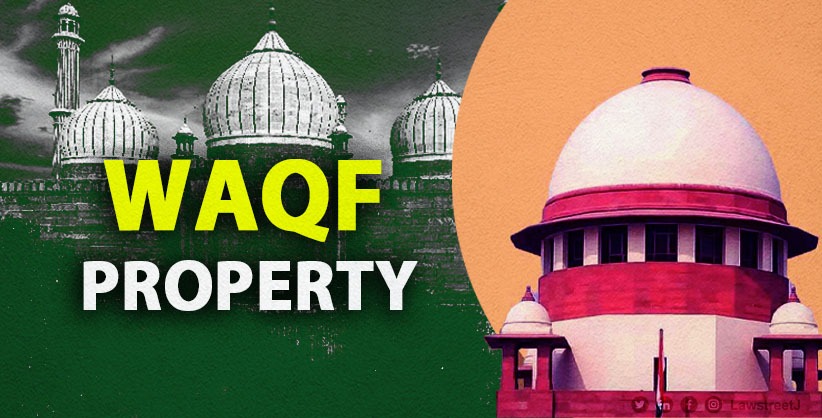
Supreme Court Hearing: Key Legal Questions and Judicial Concerns
During the hearings, the Supreme Court has flagged a series of constitutional, procedural, and community-related concerns. The debate has involved high-profile legal counsels, including Kapil Sibal, Abhishek Manu Singhvi, Rajeev Dhavan, CU Singh, and Huzefa Ahmadi, with Solicitor General Tushar Mehta defending the Centre.
1. Can Non-Muslims Be Part of Waqf Boards?
A central provision in the amended law allows non-Muslims to be part of Waqf boards. The bench responded with a sharp counterquestion:
“Mr. Mehta, are you saying that from now on, you will allow Muslims to be part of the Hindu endowment boards? Say it openly,” asked the CJI.
The court emphasized that all members of the Waqf Boards and the Central Waqf Council must be Muslims, except for ex-officio members. The proposal to permit ex-officio appointments across faiths was discussed, but the bench insisted that regular board members should strictly belong to the Muslim community.
2. Inheritance and Religious Freedom
Senior advocate Kapil Sibal questioned the constitutionality of the state determining how inheritance should function within Islam:
“Who is the State to decide how inheritance should work in my religion?”
Sibal argued that Islamic law dictates inheritance begins after death, unlike certain Hindu traditions where partition happens during the lifetime. The CJI noted that Article 26 of the Constitution — which provides for freedom to manage religious affairs — would not necessarily bar Parliament from legislating for religious communities.
3. Waqf-by-User: A Key Point of Contention
One of the most contentious issues is the status of "waqf-by-user" properties, which have been recognized historically based on long-term religious or charitable usage, even without formal documentation.
The court asked:
“How will you register such waqfs by user? What documents will they have?”
The bench acknowledged misuse but cautioned against invalidating genuine waqfs, some of which date back to the 14th and 15th centuries, such as Jama Masjid in Delhi.
“I have gone through Privy Council judgments also. Waqf by user is recognised. If you undo it then it will be a problem,” said CJI Khanna.
He further questioned whether the 2025 amendment had rendered such waqfs void, emphasizing that legislature cannot declare a court judgment or decree as void—only reinterpret its basis.
4. What Constitutes a ‘Disputed’ Property?
The court sought clarity on a provision that Waqf properties under a Collector’s inquiry on government land status would not be treated as Waqf during the inquiry. The bench objected to the idea that such properties be “automatically” removed from Waqf status without judicial determination.
“Why will it not remain a Waqf property? Let the civil court decide that,” the CJI argued.
The proposed interim direction was that no Waqf properties already declared by court (either by user or deed) should be de-notified during the pendency of the legal challenge.
5. Public Trusts and Rewriting the Past
The bench pushed back against any retrospective invalidation of properties declared waqf centuries ago:
“You cannot rewrite the past,” the court said, emphasizing that historical trusts must be respected and cannot be arbitrarily overturned by legislation.
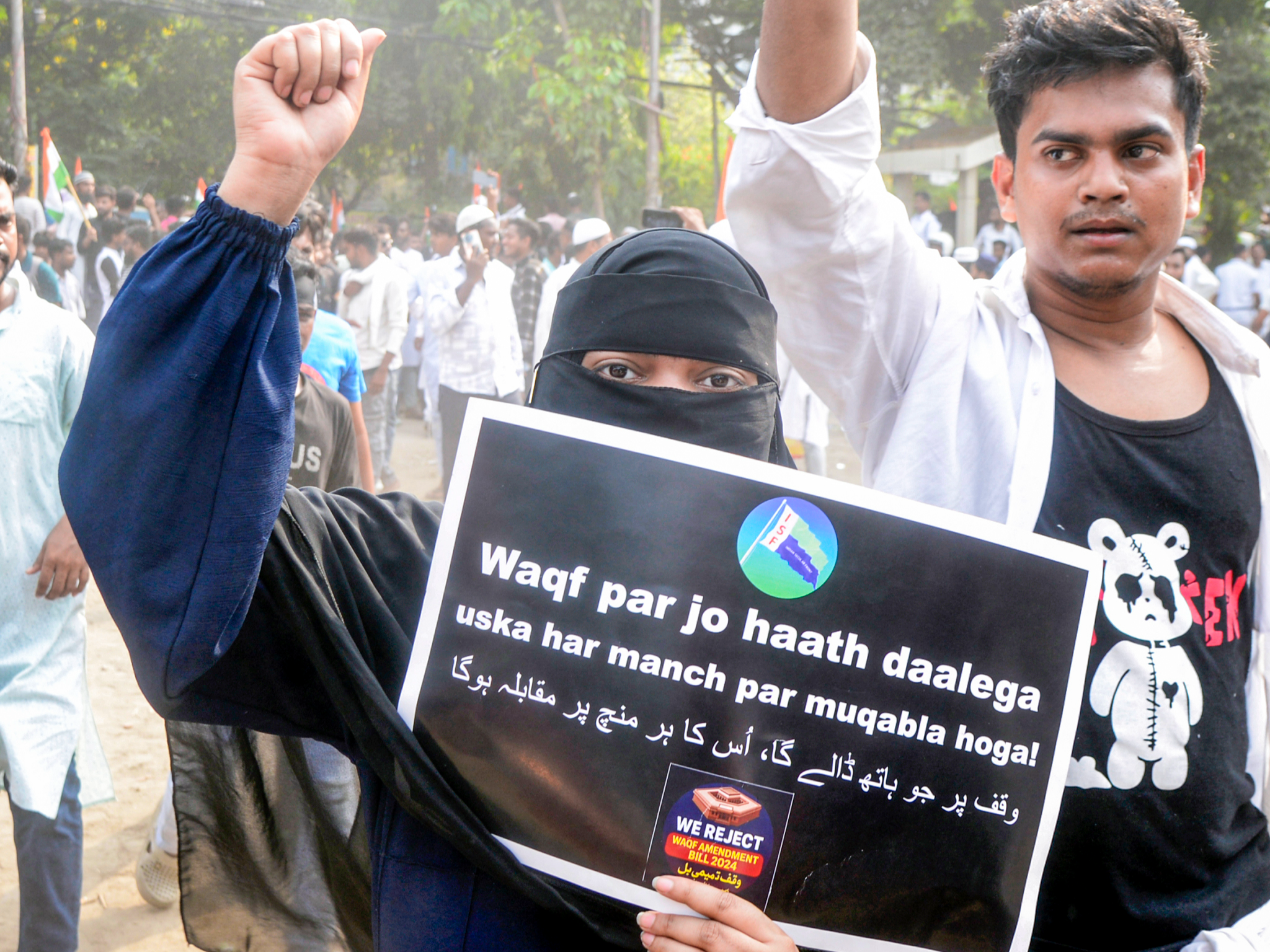
Proposed Interim Order and Delay
The Supreme Court on Wednesday (April 16) was on the verge of issuing a three-point interim order but held back after the Centre and several states requested time to submit their responses. The hearing was adjourned and is scheduled to resume Thursday at 2 PM.
Proposed 3-Point Interim Order by SC:
-
Properties declared as waqfs by courts—whether by deed or waqf-by-user—should not be de-notified during the pendency of the case.
-
The Collector’s inquiry clause should not disqualify properties from Waqf status until judicial review is completed.
-
All members of Waqf boards and councils (except ex-officio members) must be Muslims.
Political and Social Fallout: West Bengal Violence
The CJI also expressed concern over violence breaking out in West Bengal in reaction to the amended Act. He stated:
“One thing that is very disturbing is the violence that is taking place. If the matter is pending here, it should not happen.”
This highlights the law’s sensitive social implications beyond its legal framework, especially in minority-dominated regions.
Centre’s Position: Not All Muslims Want Waqf Regulation
Solicitor General Tushar Mehta argued that a significant section of Muslims did not wish to be governed by the Waqf Act, a point met with skepticism by the bench.
The Supreme Court has so far not passed any interim order, but the concerns raised have laid the groundwork for what could be a landmark ruling on the interplay between religion, property rights, and constitutional protections.
A Landmark Constitutional Test
As the hearing continues, the Supreme Court is faced with balancing legislative authority, historical religious rights, and constitutional safeguards. The case not only tests the limits of legislative reform in religious property law but also questions the State’s role in managing religious endowments. The court's eventual ruling will have nationwide ramifications on how India navigates secularism, minority rights, and legal recognition of religious customs in modern governance.
With inputs from agencies
Image Source: Multiple agencies
© Copyright 2025. All Rights Reserved Powered by Vygr Media.

